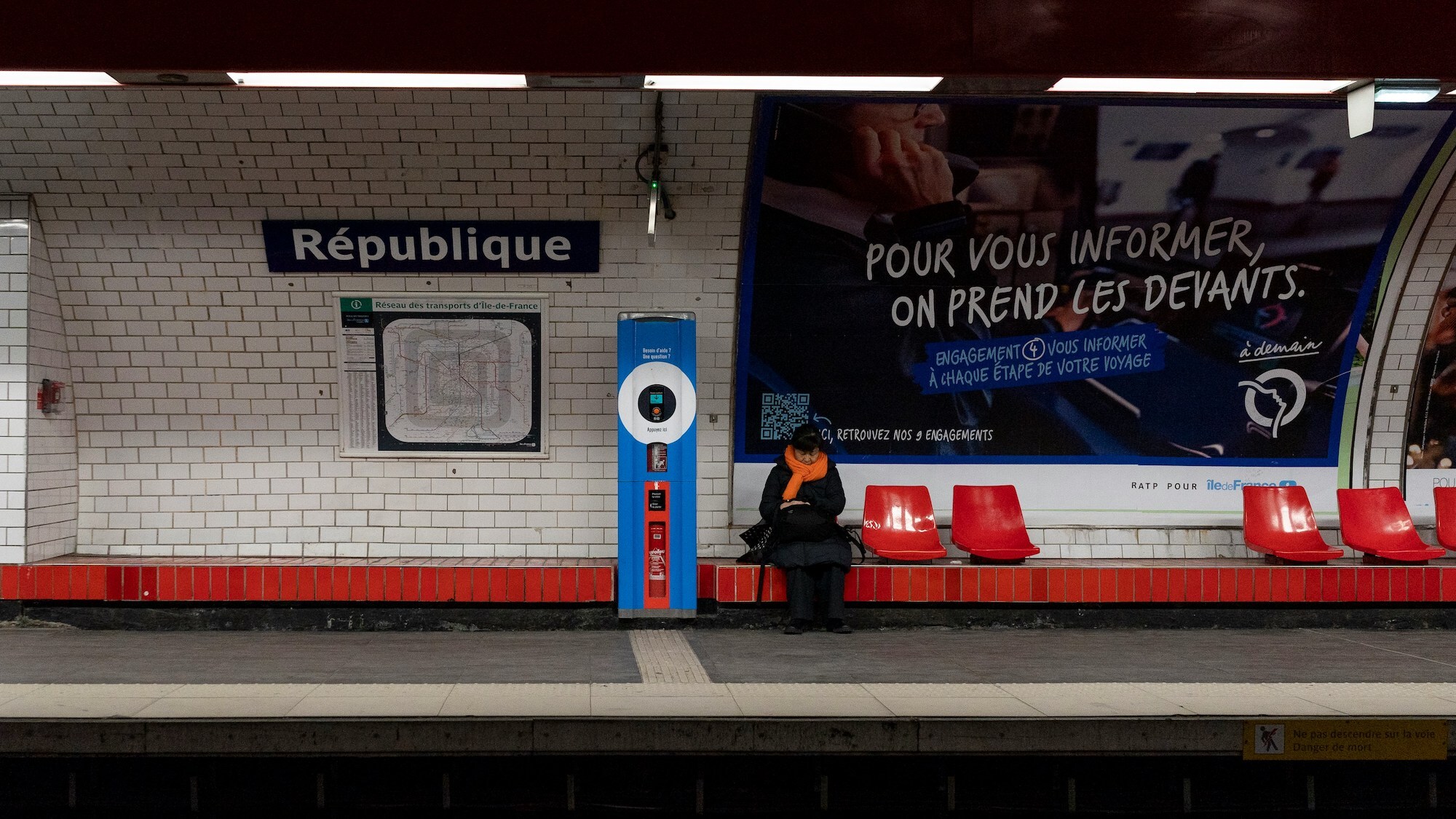303 against 135. This is the number of people who voiced their support for the new security law in train stations and vehicles. A reform initiated by Philippe Tabarot, now the Minister of Transport, aimed at reducing insecurities by notably increasing the powers of action for security agents from the SNCF and RATP, the Suge and the GPSR. While the approach is understandable in principle, in practice, the text has some limitations.
The freedoms of some at the expense of others?
Among the key measures of this new legislation are expanded rights for agents, such as the possibility to perform searches without prior consent from the prefect, which was previously prohibited, the authorization to pursue the ... interventions around the train stations, rather than just being limited to the forecourts of the stations, or the permanence of body-worn cameras, positioned at the chest level of the officers, implemented during the Olympics.
Dernière étape franchie au Parlement pour la proposition de loi sûreté dans les transports : mon texte vient d’être définitivement adopté à l’Assemblée nationale.
— Philippe Tabarot (@PhilippeTabarot) March 18, 2025
Il s’agit là d’une victoire importante pour renforcer la sécurité de tous dans les transports et garantir la… pic.twitter.com/A1cUSJh3vo
Measures that are strongly lamented by left-wing deputies, who regret that “the boundaries between the responsibilities of security agents and those of the law enforcement are dangerously blurring.” The Unsubmissive France (LFI), along with the socialists, communists, and ecologists, have overwhelmingly voted against this new reform, which will also allow agents to confiscate dangerous objects or merchandise.
An Increasing Number of Offenses
In a similar vein, fines are being established for forgotten luggage (a growing nuisance in the capital), with costs varying depending on the size of the train station. Sworn agents have a “...
power of eviction » that allows them to remove someone from a train or a station, or conversely, to prevent them from entering. And even more importantly, the judges will now be able to impose a ban on appearing in transport networks, similar to what's already in place in stadiums.
La loi pour renforcer la sûreté dans les transports est définitivement adoptée ! ✅
— Laure Miller (@Laure_Miller) March 18, 2025
Des mesures concrètes pour améliorer le fonctionnement des transports et protéger les usagers en donnant plus de moyens aux agents.
La sécurité n’est pas une option, c’est une nécessité. pic.twitter.com/RZ7AUK5CDD
On the civility side, a number of behaviors deemed uncivil can also be penalized by security agents, such as smoking in stations, putting feet on seats, or listening to music without using headphones or a headset. While most of these actions were already considered offenses, the penalties were tightened when the law was passed, moving them into the category of offenses.
Last but not least, the implementation of surveillance cameras equipped with algorithms will allow, thanks to artificial intelligence, to determine risky situations, such as crowd movements or travelers on.
the lanes, without needing the presence of an agent staring at the screen. Fortunately, the algorithmic video surveillance (VSA), already tested during the Olympics, excludes any facial recognition. Phew, at least one freedom is preserved.